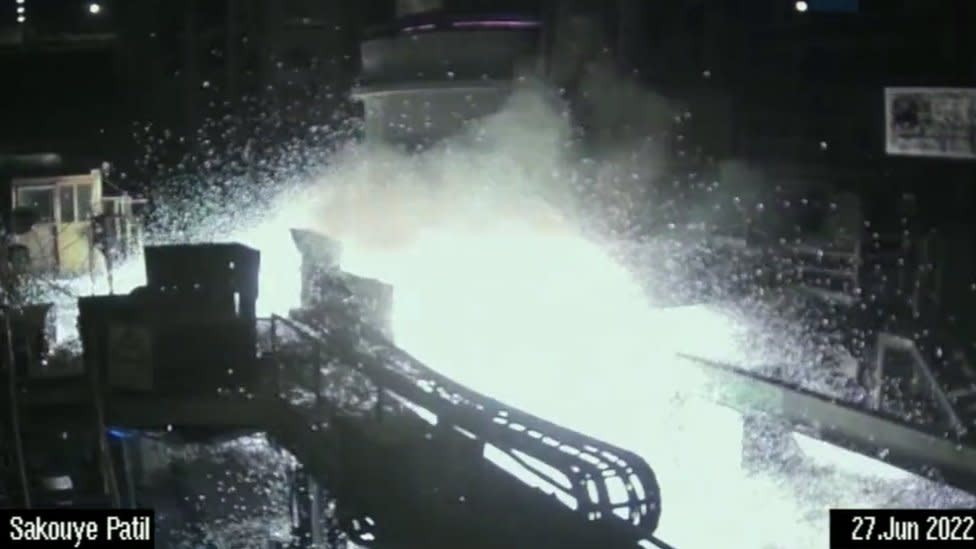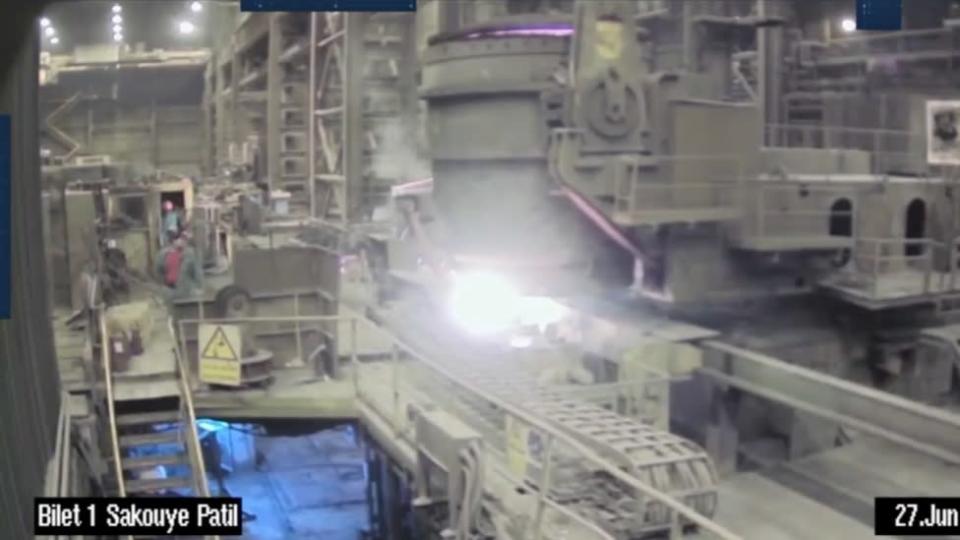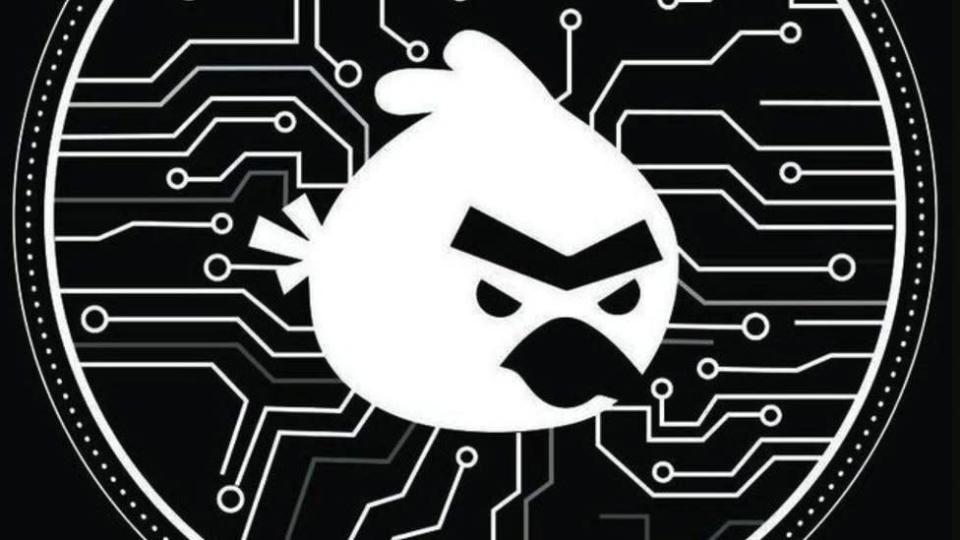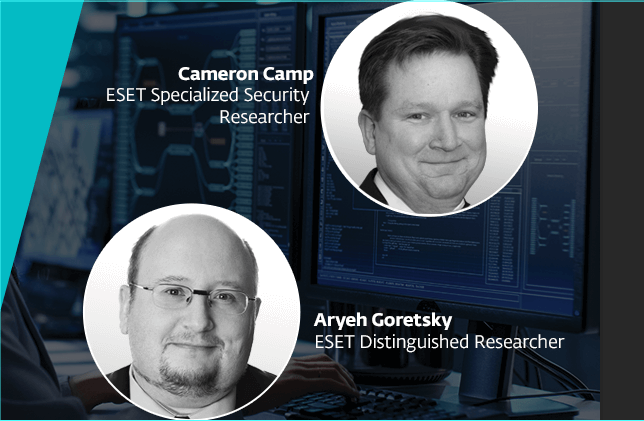Ukraine war has started a new era of global security: Adm. Bauer
TALLINN/ BRUSSELS — The Chair of the NATO Military Committee Adm. Rob Bauer said Saturday that the Ukraine war has started a new era of global security and underlined the Alliance’s continued support to Ukraine.
“Without a doubt a new era for global security has begun. It is crystal clear that this conflict is bigger than Ukraine,” he told a press conference at the end of the 2-day meeting held in Tallinn, Estonia, this afternoon.
“The entire international rules-based order is under attack. It is up to the free democratic nations of the world to protect it,” he stated. The Military Committee discussed how to sustain and increase NATO’s support to Ukraine.
“The ammunition, equipment, and training that Allies and other nations are delivering are all making a real difference on the battlefield. With its success on the ground Ukraine has fundamentally changed modern warfare,” said Adm. Bauer.
NATO will support Ukraine for as long as it takes, he stressed. The discussions of the military chiefs of the 30-member Alliance covered the breadth of the security challenges facing the Alliance, he said.
For the first time, NATO military chiefs welcomed their Finnish and Swedish counterparts around the table as invitees. The accession of both countries to NATO will enhance the security of the Baltic Sea region and strengthen the Alliance as a whole, he said.
The Committee also discussed NATO’s ongoing operations, missions, and activities including the NATO Mission Iraq (NMI) and Kosovo Force (KFOR).
The NATO Military Committee meets, in Chiefs of Defense level, twice a year at NATO Headquarters in Brussels, and once a year a Conference is held in a NATO member state.
The Military Committee convenes to discuss NATO operations, missions and activities and to provide NATO advice on how the Alliance can best address global security challenges.
Adm. Bauer on Friday conducted a country visit to Estonia, ahead of the annual NATO Military Conference. During his visit, he met with President Alar Karis, Minister of Defense Hanno Pevkur and Chief of Defense Lt. Gen. Martin Herem.
Adm. Bauer also traveled to Tapa to meet the 1st Infantry Brigade and NATO’s enhanced Forward…







